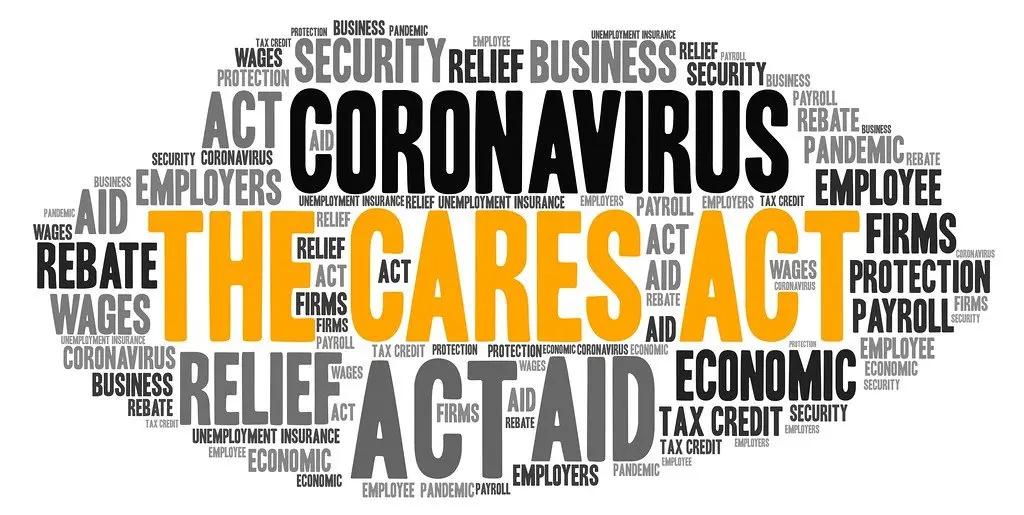The Coronavirus Aid, Relief, and Economic Security (CARES) Act passed a couple of months ago is mostly known for the economic relief provided to individuals and businesses. However, the new law also suspends the requirement to take required minimum distributions (RMDs) for this year, even for inherited IRAs.
CARES, RMDs and Your IRA
If you already took the 2020 RMD, you have up to 60 days to return a distribution to an IRA or deposit it in another qualified retirement account. If you do so, you will not have to include the RMD as part of your taxable income. You will not be able to reverse the tax withholding. If you return the entire gross amount including the Federal and State tax withheld (from other funds outside your retirement account), you will get a credit when you file your income taxes next year. While beneficiaries of inherited IRAs are also afforded the suspended RMD rule under the CARES Act, they are not permitted the 60 rollover. Accordingly, if they already took their 2020 RMD, they would not be permitted to transfer it back to a qualified fund.
If you took your RMD outside of the 60-day rollover window, you may be able to classify the distribution as a “Corona-Related Distribution” if you have been affected by COVID-19 and meet certain criteria.
Medicaid Recipients Must Still Take RMDs
Many clients are wondering how these new rules under the CARES Act will affect the Medicaid rules related to retirement accounts. The CARES Act does not change the treatment of retirement accounts for Medicaid. Currently, when a person applies for Medicaid to pay for their homecare or nursing home care, they must have less than $15,750 in assets with some exceptions. One of those exceptions is retirement accounts which are exempt so long as the applicant is taking their RMDs. The RMD is budgeted as income but the rest of the retirement account is not considered an asset of the applicant.
Although the principal of an IRA is considered an exempt asset, the RMD is budgeted as income. If you were to apply for Medicaid in 2020, or recertify for Medicaid already in place, you will likely still be required to take the RMD if you want the retirement account to be considered exempt. There are certain temporary provisions in place as of the writing of this article which give latitude to Medicaid applicants affected by COVID-19, but the expectation is that they will not continue past their current deadlines. If you are uncertain how the CARES Act will impact your finances and estate planning with regard to Medicaid, consult with an experienced estate planning attorney to learn more.





